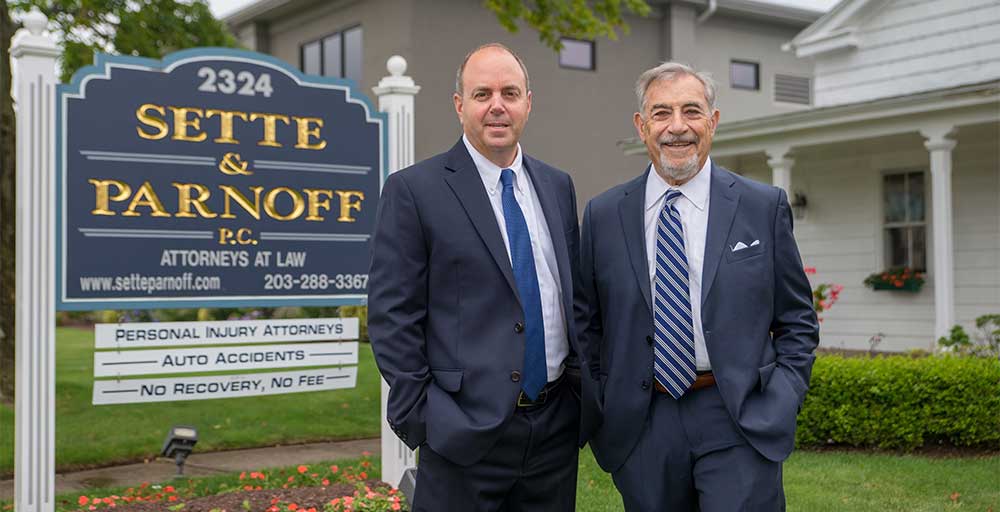Except in the rarest of cases, a Connecticut resident who suffers a spinal cord injury will have to deal with the fallout for the rest of their life.
The vast majority of spinal cord injury patients, over 99 out of 100, will experience some sort of limit to their mobility.
More specifically, two of three patients will suffer some loss of motor function either from their waist down or throughout most of their bodies. Roughly one of three people will suffer complete paralysis of some sort.
Twenty percent of all patients will experience paralysis from the neck down. They will likely require medical and personal care of some sort for the rest of their lives.
While there are many promising treatments for these types of injuries, the reality is that there is still no cure for them.
Although the exact out-of-pocket cost for these injuries varies, the most severe injuries can cost over $4.5 million dollars. Over the lifetime of the victim, just about any spinal cord injury will cost more than $1 million to treat.
These costs do not include lost wages or noneconomic losses like pain and suffering or emotional distress.
Car accidents, falls are common reasons for spinal cord injuries
Each year, motor vehicle accidents cause most new spinal cord injuries. Falls are the second-leading cause of spinal cord injuries. However, among people over 65, falls are the leading cause of spinal cord injuries.
Granted, these statistics do not break out how many spinal cord injuries are due to the negligence of another driver. Certainly, though, there are people who have their lives changed profoundly by another driver’s carelessness.
Likewise, business owners, as well as nursing homes and other medical facilities, may be responsible to pay for a spinal cord injury if a person falls while living on or visiting their property.

